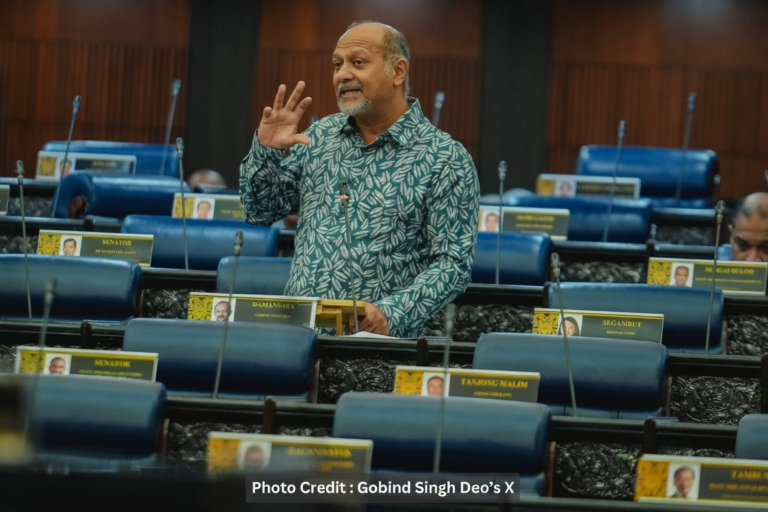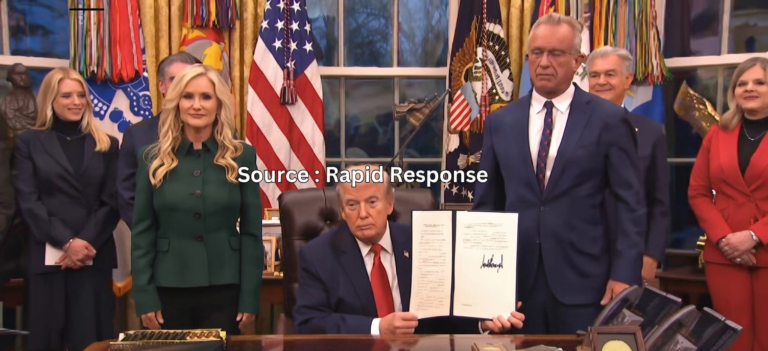
By: Professor Dato Dr Ahmad Ibrahim

For years now, sustainability has preoccupied the world. The call to go green has been growing louder as evidence of climate change proved more convincing. The 2015 Paris Agreement to curb GHG emissions was pivotal. COP meetings were held yearly to decide on the next move. The next one, COP 30, will be hosted by Brazil. Business worldwide has been pressured to comply with sustainability reporting. The ESG is the latest. But there is a noticable hesitancy to abandon fossil based energy, a key step in climate change mitigation. This was evident at COP meetings. Many are worried how abandoning coal will impact the economy. So much so that when the US, a major contributor to global emissions, announced quiting the Paris Agreement, many are seen contemplating the same. A few banking institutions have announced backing out of earlier commitments to support green financing. Many are now asking, is green fading? What will be the implications on the world?
A few articles have appeared in recent months articulating the fact that there is a growing fatigue about sustainability. Is the world giving up hope? Though some argue that sustainability remains a critical global issue, recent geopolitical and economic challenges have led to shifts in Western policies and priorities. While some Western nations appear to be scaling back certain climate commitments, others are doubling down. Many are concerned about the key trends. There have been mixed signals from Western governments. Some countries, like the UK, have delayed key net-zero targets (pushing back the ban on petrol and diesel cars from 2030 to 2035). The U.S. has also approved new fossil fuel projects (the Willow oil drilling project in Alaska) despite earlier climate pledges.
High energy costs (partly due to the Ukraine war) have led some European nations to reopen coal plants temporarily, raising concerns about long-term sustainability commitments. Right-wing parties in Europe (Germany’s AfD, Italy’s Meloni government) are opposing aggressive climate regulations, framing them as economically harmful. But the U.S. Inflation Reduction Act (IRA) and EU Green Deal are still driving massive investments in renewables, EVs, and clean tech. California state has not swayed from earlier commitments. Many Western companies (Apple, Microsoft, Unilever) are maintaining or even increasing sustainability commitments due to investor and consumer pressure. Many believe at the end of the day, consumer pressures will prevail, despite the political backtracking. Breakthroughs in green hydrogen, battery storage, and carbon capture are are keeping sustainability innovation alive.
There are also geopolitical and competitive factors at play. The West is struggling to compete with China in solar, batteries, and EVs, leading to protectionist policies (U.S. tariffs on Chinese EVs, EU probes into Chinese subsidies). Western nations are prioritizing energy security, sometimes at the expense of global climate cooperation. So, is the West abandoning sustainability? May be not complete abandonment. While short-term economic and political pressures are causing some backtracking, long-term commitments (like net-zero by 2050) remain in place. The West is balancing immediate energy security with gradual decarbonization, rather than outright rejecting sustainability. If policy delays continue, the West could lose its leadership in the global green transition to China and other emerging economies.
Clearly, the West is not abandoning sustainability entirely but is facing a complex adjustment period. Economic instability, energy security concerns, and political polarization are slowing progress, while technological and corporate momentum keeps the transition alive. The next few years will be crucial in determining whether Western nations recommit to aggressive climate action or continue down a more fragmented path. As of now, it appears the East is taking the lead. China, once used as the punching bag of the West on sustainability issues, is now seen as turning the table around. Thanks to the country’s impressive socio-economic performance for decades now, China now is showing better commitment to the affairs of the environment. Malaysia is also blessed with the leadership to stay unwavered on the path of sustainability. Despite Malaysia’s growing economic prowess, there are still some ignorant westerners who still think we still live on tree tops. The colonial mindset is still alive with such individuals, though the number is declining. Pity them!

The author is affiliated with the Tan Sri Omar Centre for STI Policy Studies at UCSI University and is an associate fellow at the Ungku Aziz Centre for Development Studies, Universiti Malaya.


















